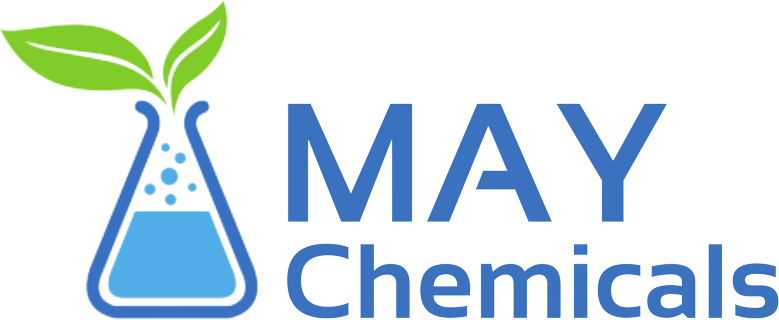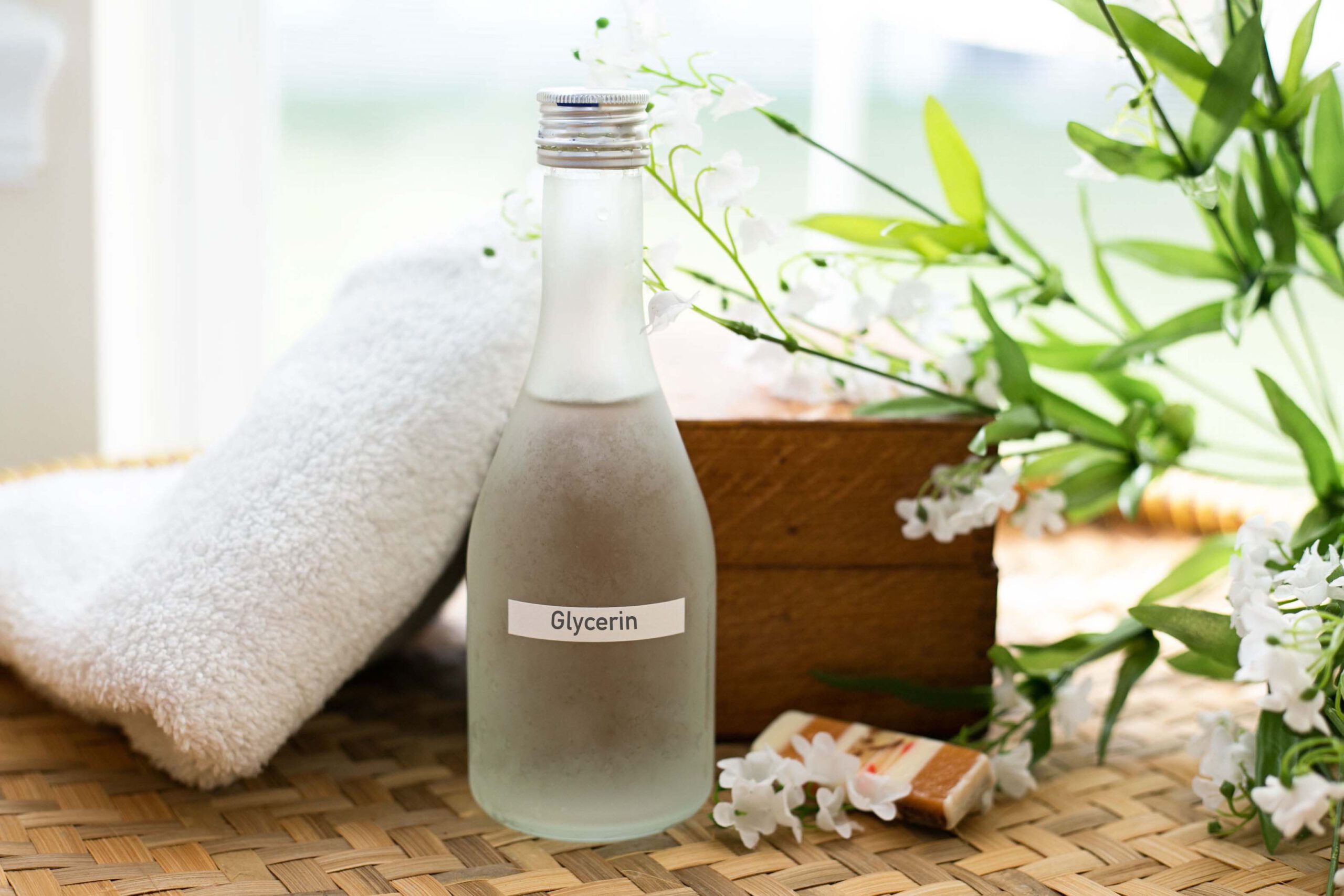Glycerine
Glycerin, also known as glycerol, is a versatile and widespread compound that plays a crucial role in various industries. This colorless, odorless and viscous liquid has gained significant importance due to its unique properties and many applications.
- [email protected]
- Articles
- September 10, 2023
- 9:27 pm
- הדפס
Glycerin, also known as glycerol, is a versatile and widespread compound that plays a crucial role in various industries. This colorless, odorless and viscous liquid has gained significant importance due to its unique properties and many applications.
One of the main uses of glycerin is in the pharmaceutical industry. It is used as a valuable ingredient in various medicines, such as cough syrups, expectorants and suppositories. Glycerin acts as a lubricant and humectant, ensuring the effectiveness and comfort of these products.
Furthermore, glycerin is a key ingredient in the cosmetics industry. It is used in the formulation of beauty products, such as lotions, creams and soaps. Due to its moisturizing properties, glycerin helps attract and retain moisture, keeping the skin hydrated and supple. In addition, it acts as a barrier against environmental factors, protecting the skin from dryness and damage.
Beyond its applications in the health and cosmetics sectors, glycerin also finds use in the food industry. It is commonly used as a sweetener, preservative and thickener. Glycerin acts as a natural sweetener in various food products, such as confectionery and baked goods. Its ability to retain moisture improves the texture and shelf life of these items, and guarantees their quality for an extended period.
Moreover, glycerin has industrial uses, especially in the production of various chemicals. It is used as a solvent, stabilizer and catalyst in the production of adhesives, paints and resin. Glycerin’s compatibility with various substances and its ability to improve the properties of other compounds make it an essential ingredient in various industrial processes.
In addition to its practical applications, glycerin also offers several health benefits. It has moisturizing properties that can relieve dry and irritated skin conditions, making it a popular ingredient in personal care products. Glycerin also has a soothing effect on the throat and can be used as a natural remedy for coughs and sore throats.
To produce glycerin, it can be extracted from different sources. Traditionally, glycerin was obtained as a byproduct of soap production through the saponification of fats and oils. However, modern processes now include the production of glycerin from vegetable oils, such as soybean oil and palm oil. This shift to sustainable sources has made glycerin a more environmentally friendly option.
In conclusion, glycerin is a versatile and valuable compound with a wide range of applications. Its properties as a moisturizer, sweetener and stabilizer make it essential in the pharmaceutical, cosmetic, food and industrial sectors. As advances continue to be made in its production from sustainable sources, the use of glycerin is expected to increase further, ensuring its continued significance in various industries.



